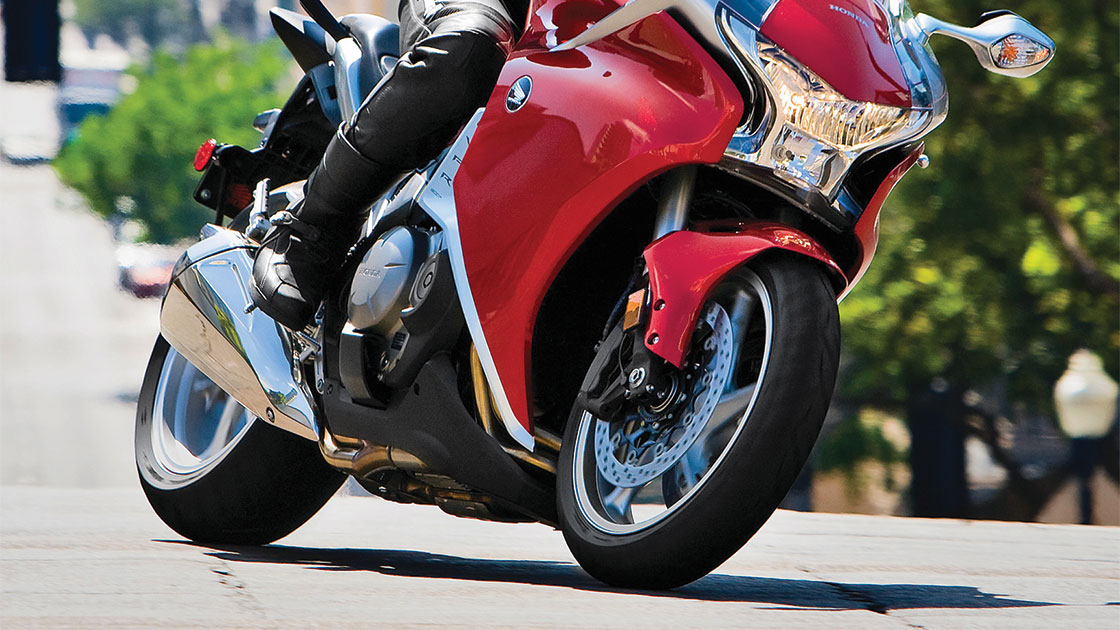IIHS, HLDI petition federal government to require ABS on all motorcycles
June 6, 2013

Motorcycles with antilock braking systems (ABS) are 31 percent less likely to be involved in fatal crashes than those same motorcycles without ABS, a recent analysis by the Insurance Institute for Highway Safety (IIHS) shows.
Meanwhile, a new study from the Highway Loss Data Institute (HLDI) shows a 20 percent reduction in the rate of collision claims with ABS and a 28 percent reduction in the frequency of claims for rider injuries. HLDI analysts found that ABS had an even bigger effect in conjunction with combined braking systems, which integrate a motorcycle's front and rear brake controls. The two technologies together reduced collision claim frequency by about a third.
IIHS and HLDI first reported significant reductions in crashes and fatalities with motorcycle ABS in 2008 and again in 2010. The findings prompted IIHS to urge the government to make ABS mandatory on all motorcycles. Now that several more years' worth of data are confirming the benefits, IIHS and HLDI are formally petitioning the National Highway Traffic Safety Administration (NHTSA) for an ABS requirement.
"The data continue to accumulate in support of motorcycle ABS five years after we first reported on its effectiveness," says Adrian Lund, president of both IIHS and HLDI. "We hope NHTSA will agree that it's time to take action to ensure all riders get the benefit of this lifesaving technology."